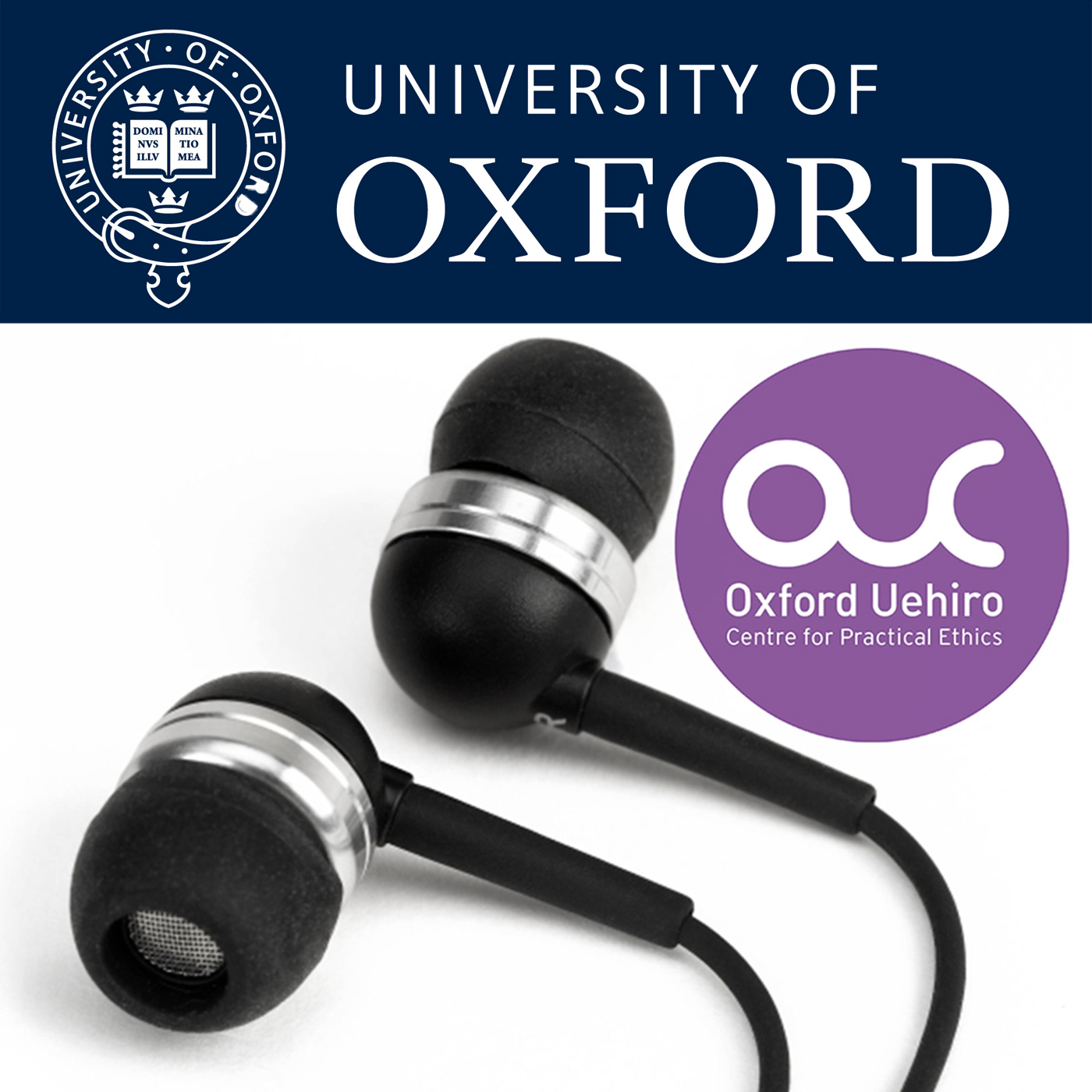Freedom of Political Communication, Propaganda and the Role of Epistemic Institutions in Cyberspace
Description
Professor Seumas Miller defines fake news, hate speech and propaganda, discusses the relationship between social media and political propaganda. In this article I provide definitions of fake news, hate speech and propaganda, respectively. These phenomenon are corruptive of the epistemic (i.e. knowledge-aiming) norms, e.g. to tell the truth. I also elaborate the right to freedom of communication and its relation both to censoring propaganda and to the role of epistemic institutions, such as a free and independent press and universities. Finally, I discuss the general problem of countering political propaganda in cyberspace and argue, firstly, that there is an important role for epistemic institutions in this regard and, secondly, that social media platforms need to be redesigned since, as they stand and notwithstanding the benefits which they provide, they are a large part of the problem. Creative Commons Attribution-Non-Commercial-Share Alike 2.0 UK: England & Wales; http://creativecommons.org/licenses/by-nc-sa/2.0/uk/
More Episodes
Professor Predrag uses a comparison of money and morality to explore the mutual relationship between morality and personality. To clarify the tension that exists between morality and personality, Cicovacki opens his talk by comparing the development of the money economy and morality. Money and...
Published 11/09/23
Professor Mark Coeckelbergh considers whether AI poses a risk for democracy n this St Cross Special Ethics Seminar Cases such as Cambridge Analytica or the use of AI by the Chinese government suggest that the use of artificial intelligence (AI) creates some risks for democracy. This paper...
Published 03/13/23
Published 02/02/23


